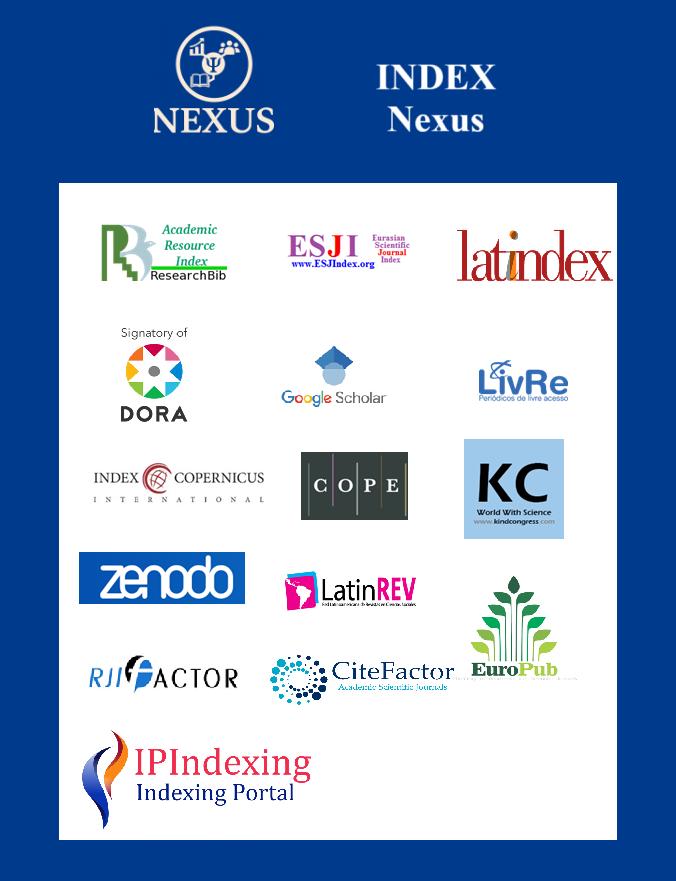Conflict of Interest Policy
At Nexus House Editorial, we are committed to upholding transparency, integrity, and objectivity throughout the editorial process. We acknowledge that conflicts of interest can impact the perception and reliability of scientific work, and therefore, we have developed clear policies to manage them responsibly.
1. What constitutes a conflict of interest?
A conflict of interest arises when an author’s, reviewer’s, or editor’s personal, financial, or professional relationships may influence — or appear to influence — their judgment regarding a manuscript. Common examples include:
-
Financial ties: Receiving funds, payments, or compensation from organizations related to the article’s subject.
-
Personal relationships: Close connections with individuals involved in the research or writing of the manuscript.
-
Professional affiliations: Employment or association with institutions that may benefit from the publication.
2. Disclosure requirements
-
Authors: All authors must disclose any potential conflicts of interest during manuscript submission. This information will be collected through the submission form and published if deemed relevant to the work.
-
Reviewers and Editors: Before accepting a manuscript for review, peer reviewers must declare any conflicts. Likewise, editorial board members are required to report any personal or institutional ties that could affect their judgment.
3. Evaluation and editorial action
-
Review of declarations: The editorial team will evaluate all conflict disclosures. If a relevant conflict is identified, steps will be taken to ensure the manuscript is reviewed impartially.
-
Reassignment of reviewers: If a reviewer has a conflict of interest, another qualified reviewer without such conflict will be assigned to guarantee objectivity.
4. Managing confirmed conflicts
-
Corrective measures: If it is found that a conflict influenced the review or publication process, the editorial team will implement corrective actions such as issuing a correction, clarification, or retraction.
-
Publication transparency: All declared and relevant conflicts of interest will be disclosed within the published article to keep readers fully informed.
5. Ethical commitment
Nexus House Editorial remains firmly committed to ethical publishing practices. Through clear policies on conflicts of interest, we aim to ensure a fair editorial process and reinforce the trust of our readership and scholarly community.









